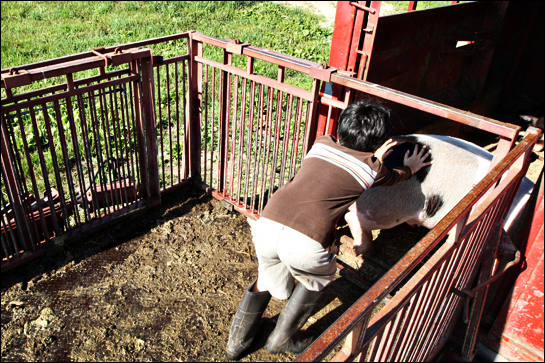I am not good at launching stuff. It stresses me out. I am not good at focusing on multiple things. Ryan Healy used to hate working with me because of this, and, frankly, I hate working with me because of this too.
I need to divide everything into very little projects in order to ensure that one project does not ruin everything else around me. This is why, in the past, blog posts have been the perfect length for me, and having a startup has derailed my whole life.
The first thing I'm launching today is a homeschooling section. To be clear, I don't homeschool. But I definitely think it's a huge trend that will shake up all of our lives, because homschoolers will take over the workplace in the next ten years. I am worried that I'm making the wrong decision by keeping my kids in school. So this is the spot where I will worry about it discuss it. Here is the post where I explain in more detail why I’m adding the homeschool section.
The other section that I'm launching is Mailbag.
I answer all my email. People are often shocked by this, which, in turn, shocks me. I mean, what am I writing a blog for if I don't want to communicate with people? But I decided I should publish the questions and answers since many people ask the same type of questions. (Don’t worry, I’m changing details to conceal the writer’s identity.)
When I met my Ex he was working for Sony. He was in charge of online properties for Jeopardy and Wheel of Fortune. The marketing people always said that people watch Jeopardy to say “He's so smart!” and people watch Wheel of Fortune to say “He's so stupid!”
I think that marketing approach may be applicable to the questions in Mailbag. Hopefully you will think my answers are smart. But if you don't, there’s room for you to give your own answers.
On Sundays my Ex comes to our house to hang out with the kids, which made today a great day for my launch.
Also, do you ever wonder what my Ex looks like? Here he is — well, about one-third of him — with my son.

Here’s a question I get a lot: Does your Ex mind being on your blog?
Here’s the answer: He’s probably really happy being on with just one-third.





